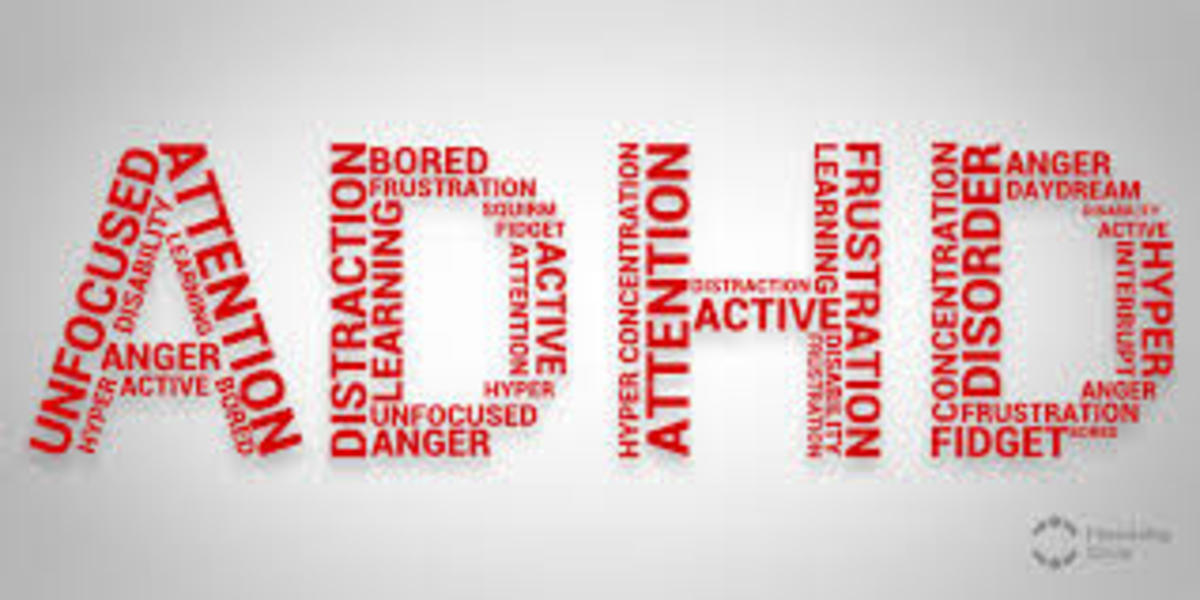
Question:
My daughter is 6 1/2. Last year the school brought to our attention that she is displaying possible signs of ADHD and they recommended an evaluation. Our pediatrician suggested that we can wait to evaluate and also recommended not to start medication at this young age.
However, I am concerned that if she needs help why not be proactive and get her the help now. She has a very healthy self-esteem and I don't want she should lose it if she does poorly in her school work. When is the right time to evaluate for ADHD? Is there a benefit of having a diagnosis if I won't be medicating her until we have exhausted all other options?
Generally, an evaluation for ADHD is considered when a child struggles with the executive function skills. These skills, which are governed by areas in the frontal lobe of the brain, include skills such as sustaining attention, controlling one’s impulses, planning, organizing, and managing one’s time. The evaluation will determine if these behaviors are within normal developmental expectations, and, if not, if it is due to brain-based ADHD or is attributable to other factors (e.g., anxiety, LD, lack of sleep, etc.).
If indeed the child is diagnosed with ADHD, the treatment that follows is geared toward improving (or adapting to) these executive function skills. Stimulant medication (such as Ritalin, Adderall, Concerta, Vyvanse, or Focalin) is one way to accomplish this goal. In fact, in multiple research trials, including the well-designed multisite MTA study, it has been demonstrated to be the most effective way of helping children with executive skills deficits improve. Some children, for various reasons, may benefit more from other classes of medication. This highlights the importance of being under the care of a competent professional who specializes in this area.
In addition to medication, research points to the effectiveness of behavior therapy (especially parent training) in assisting children with these deficits. What is crucial to understand is that effective behavioral treatment requires the following two components a) delivered at the point of performance and b) continually delivered. Point of performance refers to the need to utilize these skills by parents and teachers in their natural setting (real life). Teaching children skills in school, in psychotherapy sessions, or via a computer program will not generalize to the home setting. Continually delivered refers to the concept that these interventions (as well as medication) will work for as long as these strategies are applied. Similar to eyeglasses, one will not be cured after utilizing this approach for a period of time—it needs to be continually delivered by parents and teachers. Two research-based texts that can provide detailed and practical guidance in implementing these concepts are Taking Charge of ADHD (Barkley) and Smart but Scattered (Dawson & Guare). The importance of Behavior Therapy is highlighted by recent research by Dr. Bill Pelham who demonstrated greater results for a large group of children who were first treated with behavior therapy followed by medication than for another group of children who were first treated with medication followed by behavior therapy.
A final relevant point is that these recommendations are modified for preschoolers (under age 6). As demonstrated by the multisite PATS study, preschoolers may benefit from low doses of medication, but positive effects are less evident and side effects are greater than that seen by school age children. In fact, the Center for Diseases Control (the leading national public health institute in the USA) recently recommended parent training and behavioral treatments as first line treatments for preschoolers with ADHD.
This article was originally published in the Yated Ne'eman.
 Previous
Previous

